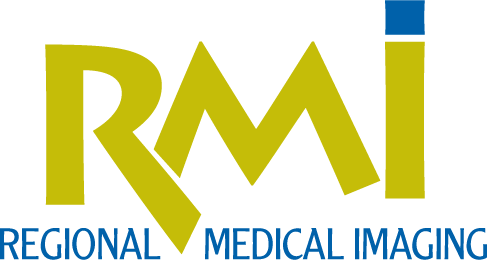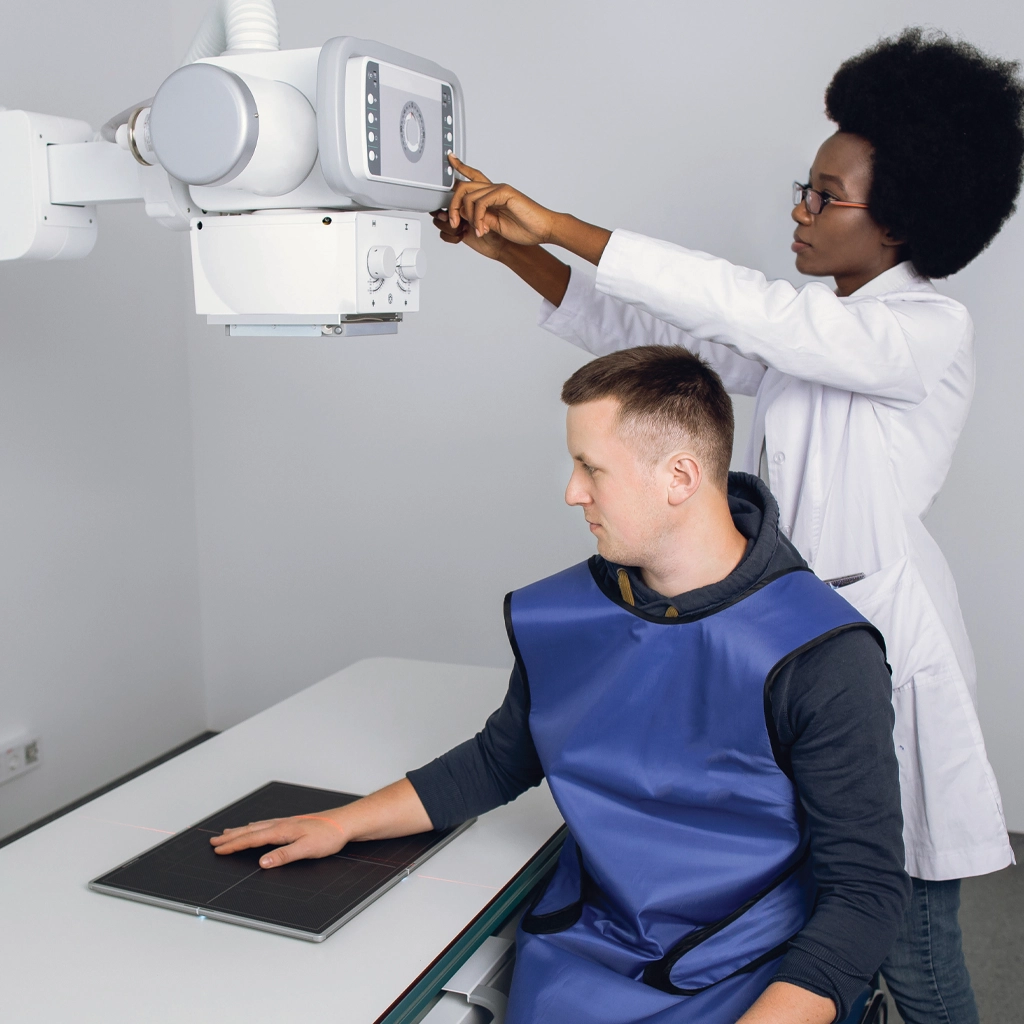X-Ray/Fluoroscopy
What is X-Ray?
X-Ray, also known as radiography, is the medical imaging method that is oldest and most familiar to the general public. It uses x-ray radiation to produce images of bones, joints and other internal soft tissues or organs. Common uses include looking for fractures or signs of joint problems such as arthritis. Conventional X-Rays may also sometimes reveal signs of other internal conditions, such as heart problems, pneumonia or certain types of cancer; however, other imaging methods may be more effective in detecting cancer at its earlier and more treatable stages.

